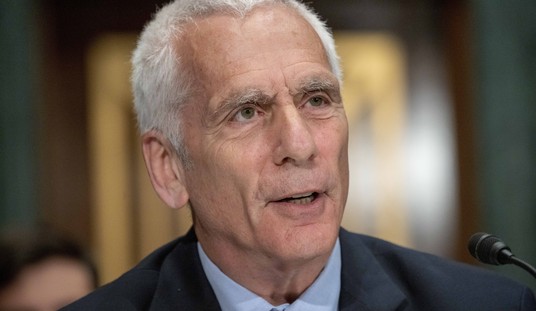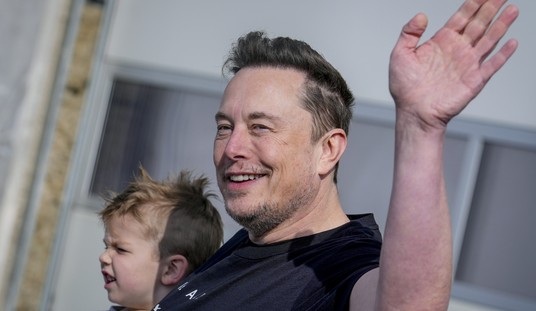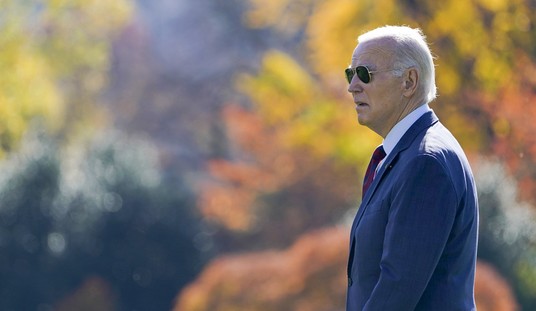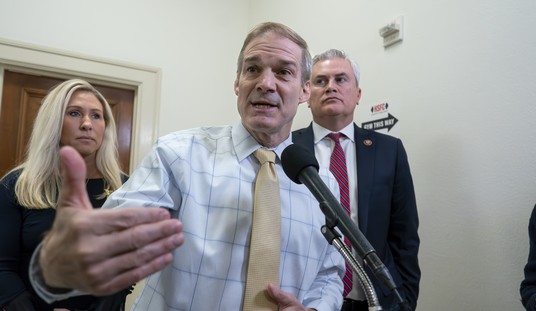
Andrew Yang participates in the second of two Democratic presidential primary debates hosted by CNN Wednesday, July 31, 2019, in the Fox Theatre in Detroit. (AP Photo/Paul Sancya)
In spite of the fact that his polling numbers have consistently remained under 5%, businessman Andrew Yang’s following has boosted him in fundraising and polling enough to qualify him for all three Democratic debates to date.
Though his policy ideas are ones that most conservatives and Republicans wouldn’t support (universal basic income, Medicare for all for starters), he comes across as a likable guy who you wouldn’t mind having a beer with while discussing politics. He also presents himself as a guy who doesn’t take himself too seriously, which you notice when he lightheartedly makes jokes related to the fact that he’s Asian American.
Ironically enough, it is Yang’s occasional quips about his Asian American heritage that have generated criticism from other Asian Americans that the stereotypes he perpetuates about other Asians are “toxic” and harmful … to other minority groups:
During the third Democratic debate, Andrew Yang made a joke that played up an Asian stereotype: “Now, I am Asian, so I know a lot of doctors,” he quipped.
It wasn’t the first time he’d done so. Two months earlier, during the second debate, he told viewers, “The opposite of Donald Trump is an Asian man who likes math.”
Yang has also used such one-liners at rallies, and sold merchandise alluding to these comments, including baseball caps and T-shirts simply emblazoned with the word, “Math.”
Yang’s statements have spurred mixed reactions from the Asian American community. While some of his supporters told Vox that the jokes are cheeky in-group references that acknowledge Yang’s Asianness, other voters are concerned they reinforce longstanding racist stereotypes about Asian Americans and other minority groups.
[…]
While Yang may have innocuous intentions with his comments, as he said in an interview with CNN’s Jake Tapper this past weekend, the remarks are nonetheless reaffirming toxic tropes.
What is most “toxic” about Yang’s use of Asian stereotypes? Vox.com’s Li Zhou explains:
There’s a major reason why Yang’s broader use of stereotypes is so harmful: they help reaffirm a trope about Asian Americans commonly known as the “model minority” myth, a term that’s pretty much as offensive as it sounds.
Trying to keep an open mind about Andrew Yang but his willingness to lean into Asian American stereotypes in order to pander to white audiences is…. disappointing
— O L O (@oliviahnguyen) September 17, 2019
As the name suggests, this myth, which has previously been used to treat Asian Americans as a monolithic group, implies that Asians are fixated on school and certain professions, and is damaging for a lot of reasons. It not only obscures the diversity within the Asian American community, it’s also intended to demean other minority groups, Alton Wang writes for the Washington Post:
‘Writing in the New York Times in 1966, the sociologist William Petersen coined the term “model minority” to describe the post-World War II rise of Japanese Americans, even in the face of ongoing prejudice. He contrasted their success to that of what he called “problem minorities” (a term that he set in quotation marks that clearly pointed toward black Americans), groups pulled down by oppression to the point where they would greet even equal opportunity with “either self-defeating apathy or a hatred so all-consuming as to be self-destructive.”’
[…]
The myth has been used to pit different minority groups against one another, Wang writes.
I gotta admit that I was left scratching my head after reading the Vox piece.
First things first, I have never heard of the term “model minority myth” and I’m guessing the vast majority of people who watched the Democratic debates and who read up on Andrew Yang afterwards out of curiosity don’t know what it means, either.
For whatever it meant back then, the stereotype today of Asians being smart, well-educated people who work hard to be successful is meant to be a compliment in most cases, not an insult. In the vast majority of instances, it is not used as a backwards swipe at other minority communities, either.
I suspect that most of the people who are characterizing Yang’s comments as equating to negative stereotypes are really just looking for something to be offended about. If Yang qualifies for the next debate, hopefully he’ll use the opportunity to say these three words to his “woke” critics: Get over yourselves.
——-
— Based in North Carolina, Sister Toldjah is a former liberal and a 15+ year veteran of blogging with an emphasis on media bias, social issues, and the culture wars. Read her Red State archives here. Connect with her on Twitter. –















Join the conversation as a VIP Member